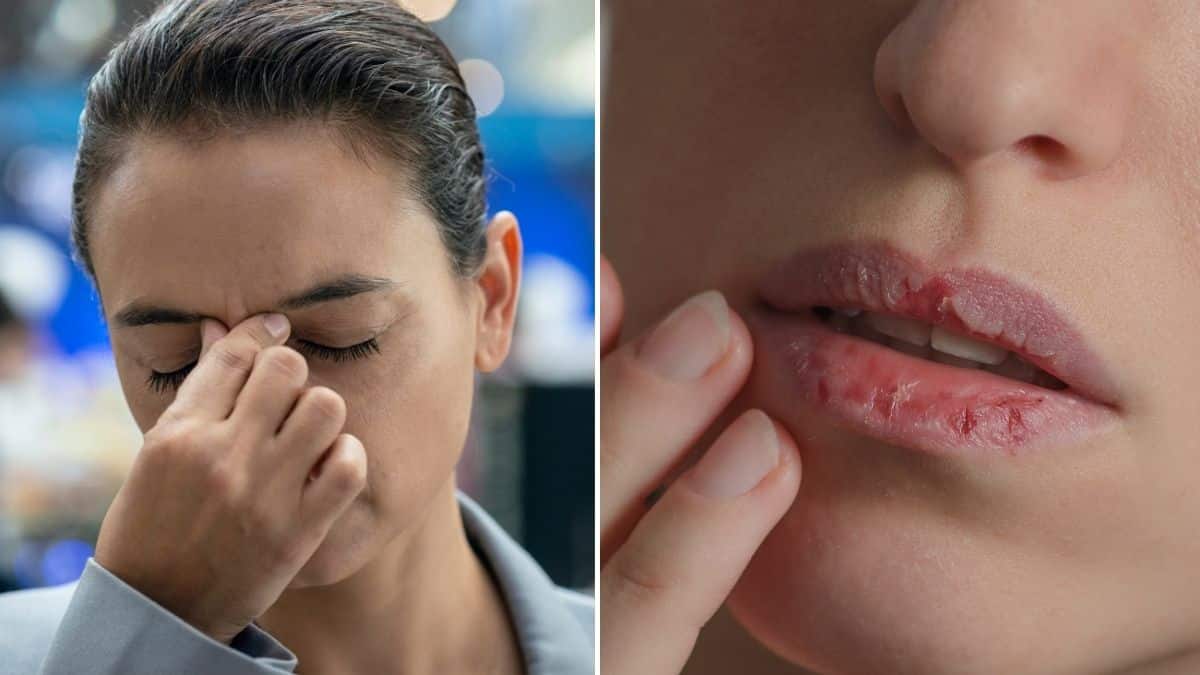What Causes Swollen Lymph Nodes?
If you’ve ever experienced swollen lymph nodes, you know that they can be uncomfortable and concerning. Swollen lymph nodes are a sign that your body’s immune system is working hard to fight off an infection or illness. But what causes swollen lymph nodes, and when should you be concerned?
What are Lymph Nodes?
First, let’s talk about what lymph nodes are. Lymph nodes are small, bean-shaped structures that are part of your body’s immune system. They are found throughout your body but are most concentrated in the neck, armpits, and groin. Lymph nodes contain white blood cells that help fight off infections and other foreign invaders in your body. A swollen lymph node is medically known as lymphadenopathy.
Causes of Swollen Lymph Nodes
Swollen lymph nodes are often a sign that your body is fighting off an infection. Common causes of swollen lymph nodes include:
- Viral infections (such as the common cold, flu, and mononucleosis)
- Tooth infection (like tooth abscess)
- Sinus infection (sinusitis)
- Swelling of gums (gingivitis)
- Bacterial infections (like strep throat, tonsillitis, and Lyme disease)
- Ear infection
- Skin wounds
- Cat scratch fever
- Fungal infections (like ringworm and athlete’s foot)
- Human immunodeficiency virus (HIV)
- Parasitic infections (such as malaria and toxoplasmosis)
- Tuberculosis
- Autoimmune disorders (lupus and rheumatoid arthritis)
- Cancer (such as lymphoma and leukemia)
- Sexually transmitted infections (like genital herpes, syphilis, and gonorrhea)
- Allergic reactions to medications
When to be Concerned
In most cases, swollen lymph nodes are not a cause for concern and will go away on their own as your body fights off the infection. However, there are some situations where you should be concerned and seek medical attention:
- Your swollen lymph nodes are very large, very tender, or are growing rapidly
- You have swollen lymph nodes in multiple areas of your body
- You have other symptoms, such as fever, night sweats, or unexplained weight loss
- You have a history of cancer or a weakened immune system
- Your swollen lymph nodes are not going away after a few weeks
How to Treat Swollen Lymph Nodes
In most cases, you don’t need to do anything to treat swollen lymph nodes. They will go away on their own as your body fights off the infection. However, there are a few things you can do to help ease the discomfort:
- Rest and get plenty of fluids
- Use over-the-counter pain relievers, such as acetaminophen or ibuprofen, to help relieve pain and reduce fever.
- Use warm compresses or take a warm bath to help reduce swelling and ease discomfort.
Prevention
Preventing swollen lymph nodes involves preventing the infections and illnesses that can cause them. Here are a few things you can do to help prevent infections:
- Wash your hands frequently with soap and water
- Avoid close contact with people who are sick
- Stay up-to-date on your vaccinations
- Practice good hygiene, such as covering your mouth when you cough or sneeze
When to See a Doctor
If you are experiencing swollen lymph nodes and are concerned, it’s always a good idea to see a doctor. Your doctor can help determine the cause of your swollen lymph nodes and recommend the appropriate treatment.
Article Sources
- Swollen lymph nodes. MedlinePlus. https://medlineplus.gov/ency/article/003097.htm
- Lymphadenopathy. StatPearls. https://www.ncbi.nlm.nih.gov/books/NBK558918/
- Swollen lymph nodes – Symptoms and causes. Mayo Clinic. https://www.mayoclinic.org/diseases-conditions/swollen-lymph-nodes/symptoms-causes/syc-20353902






